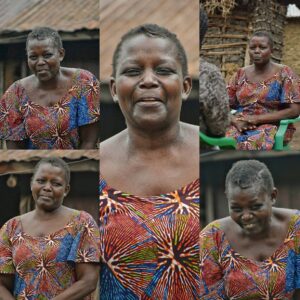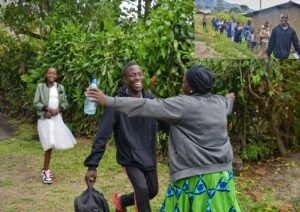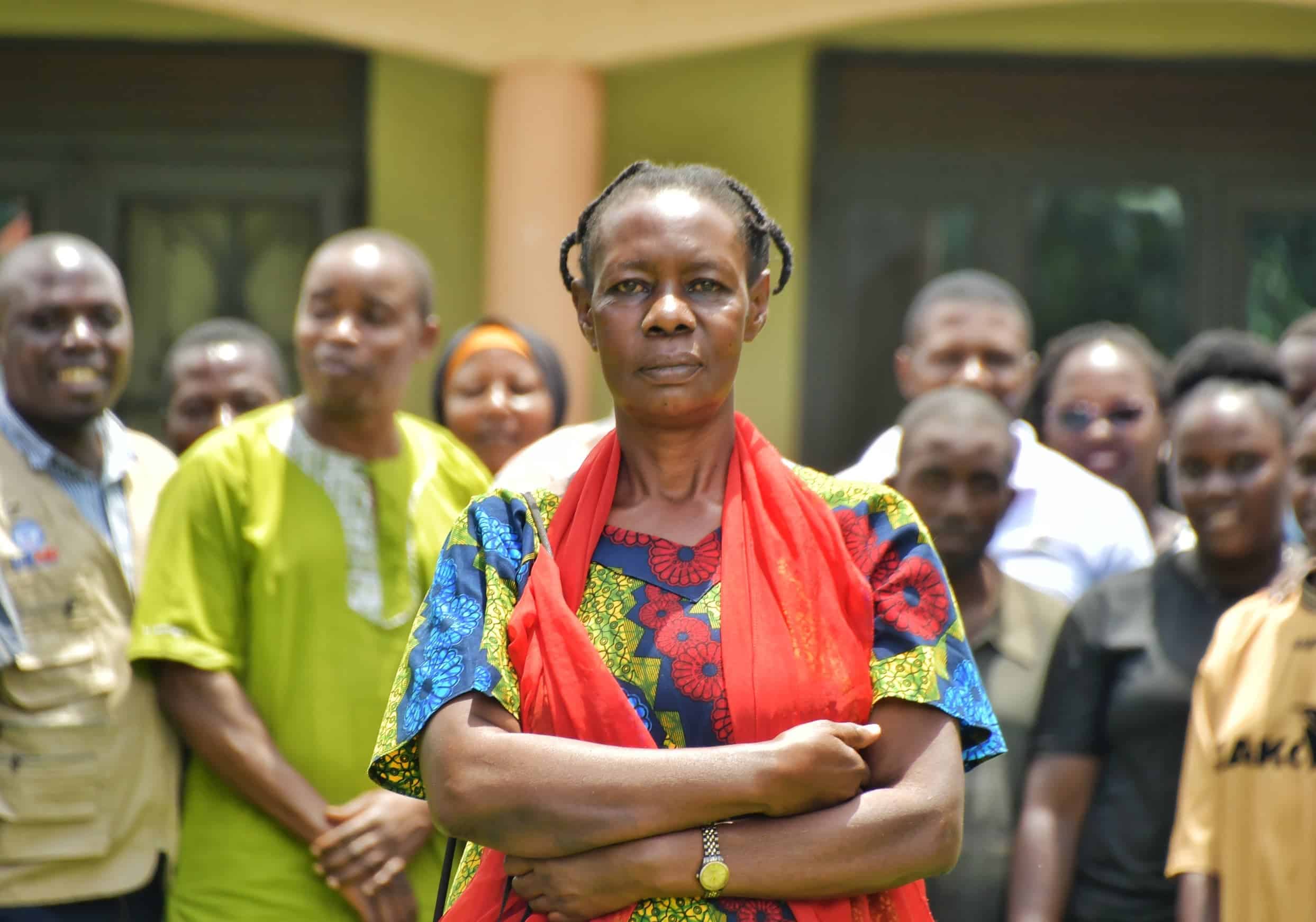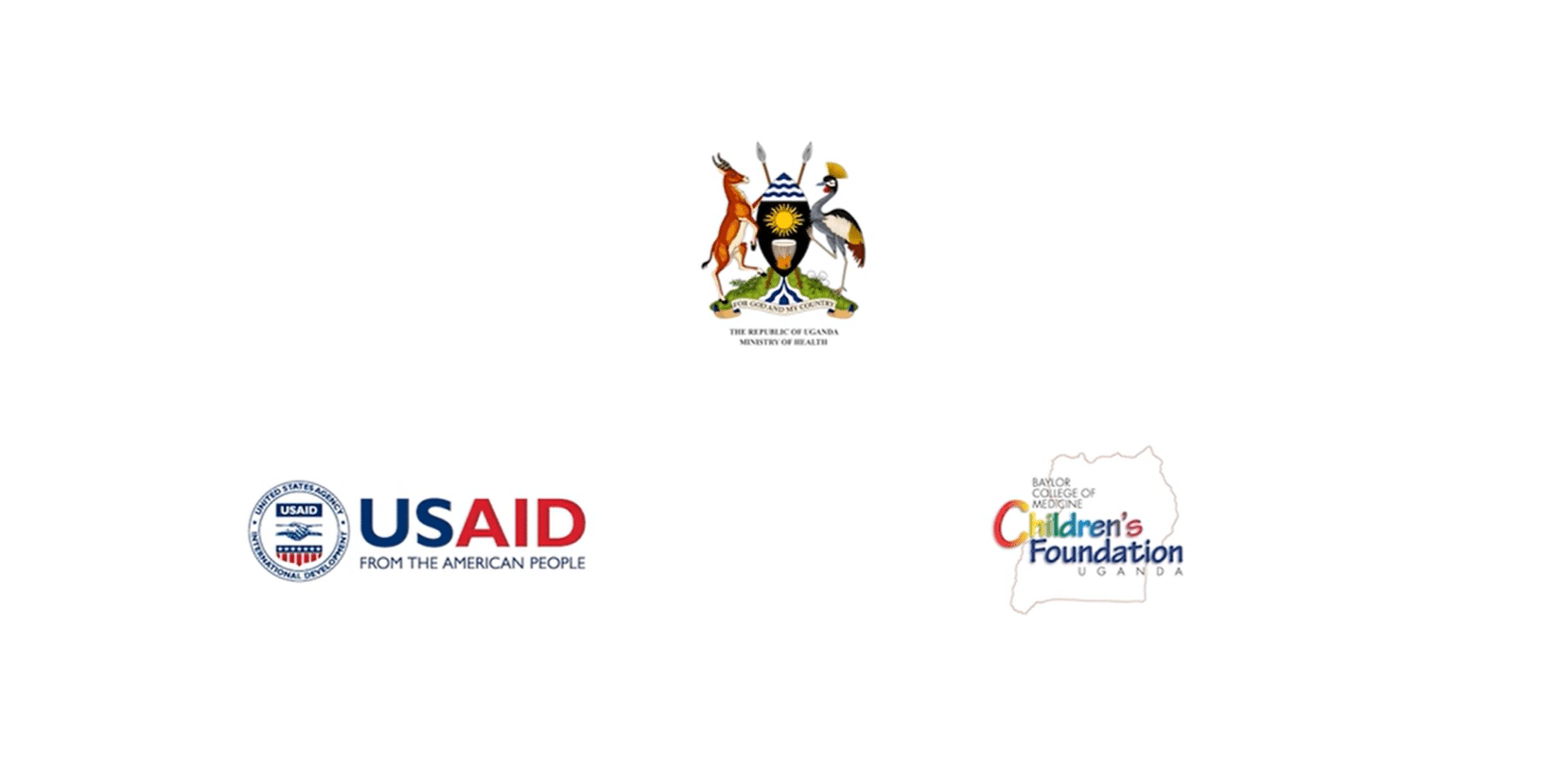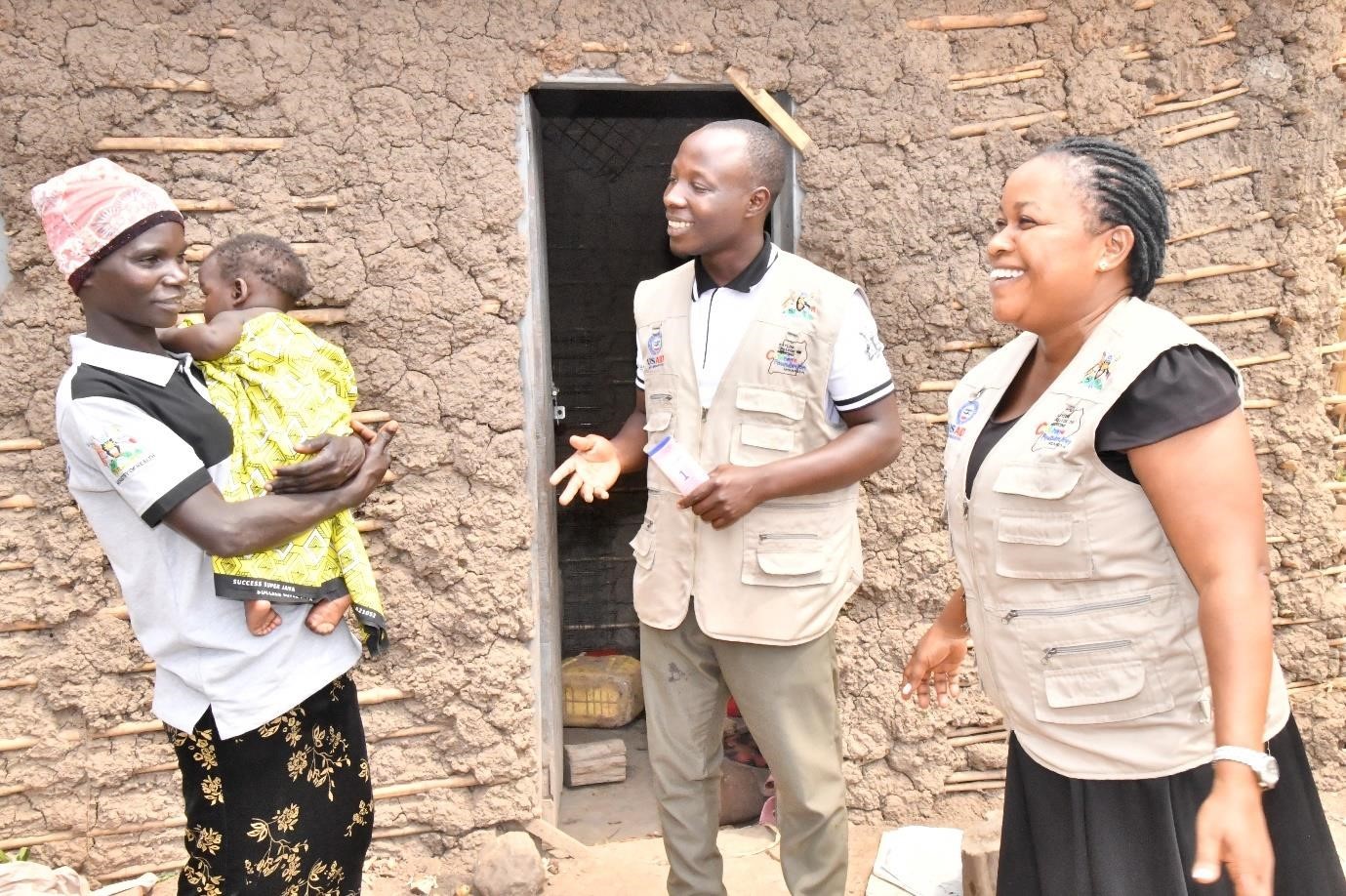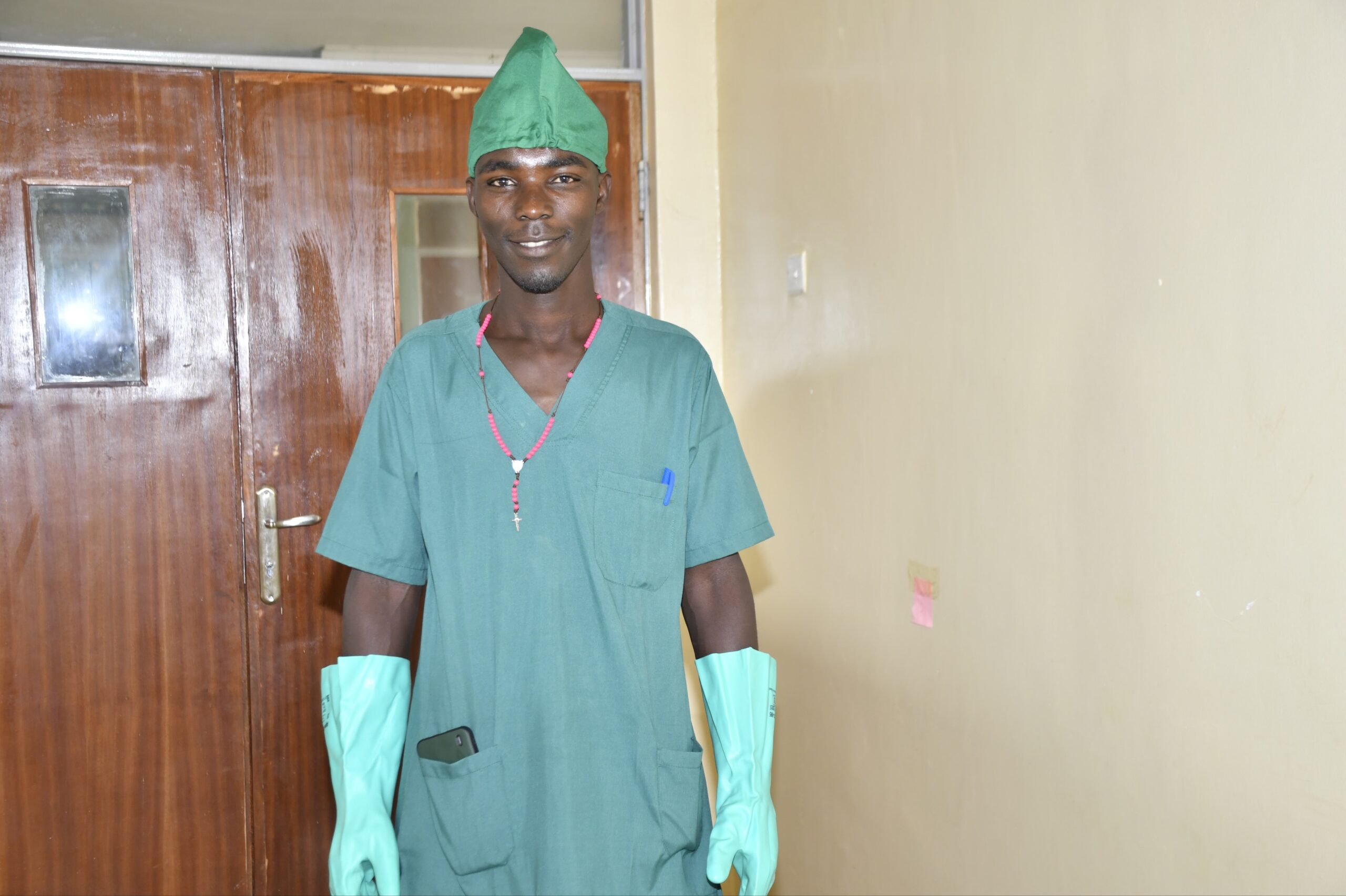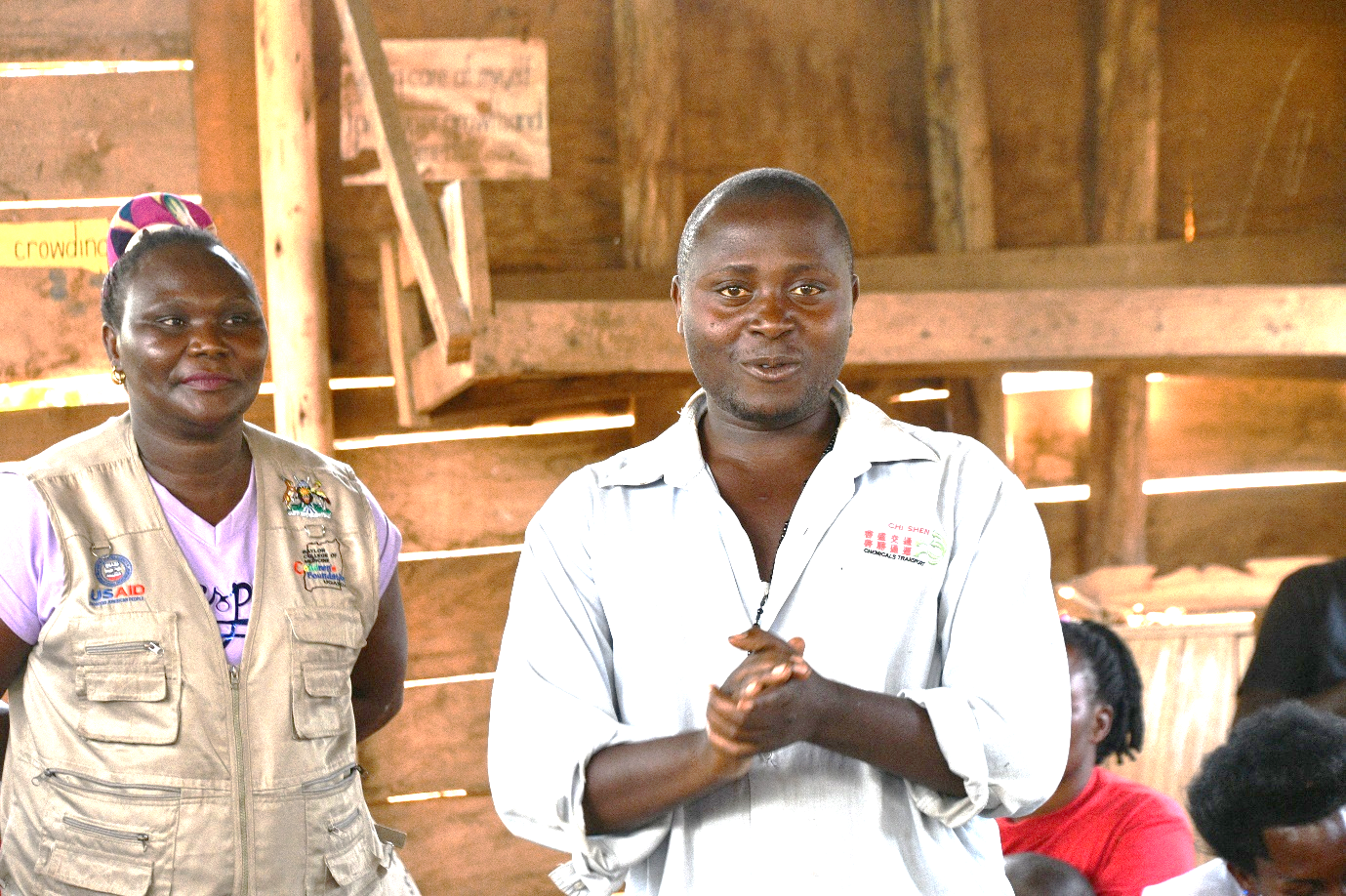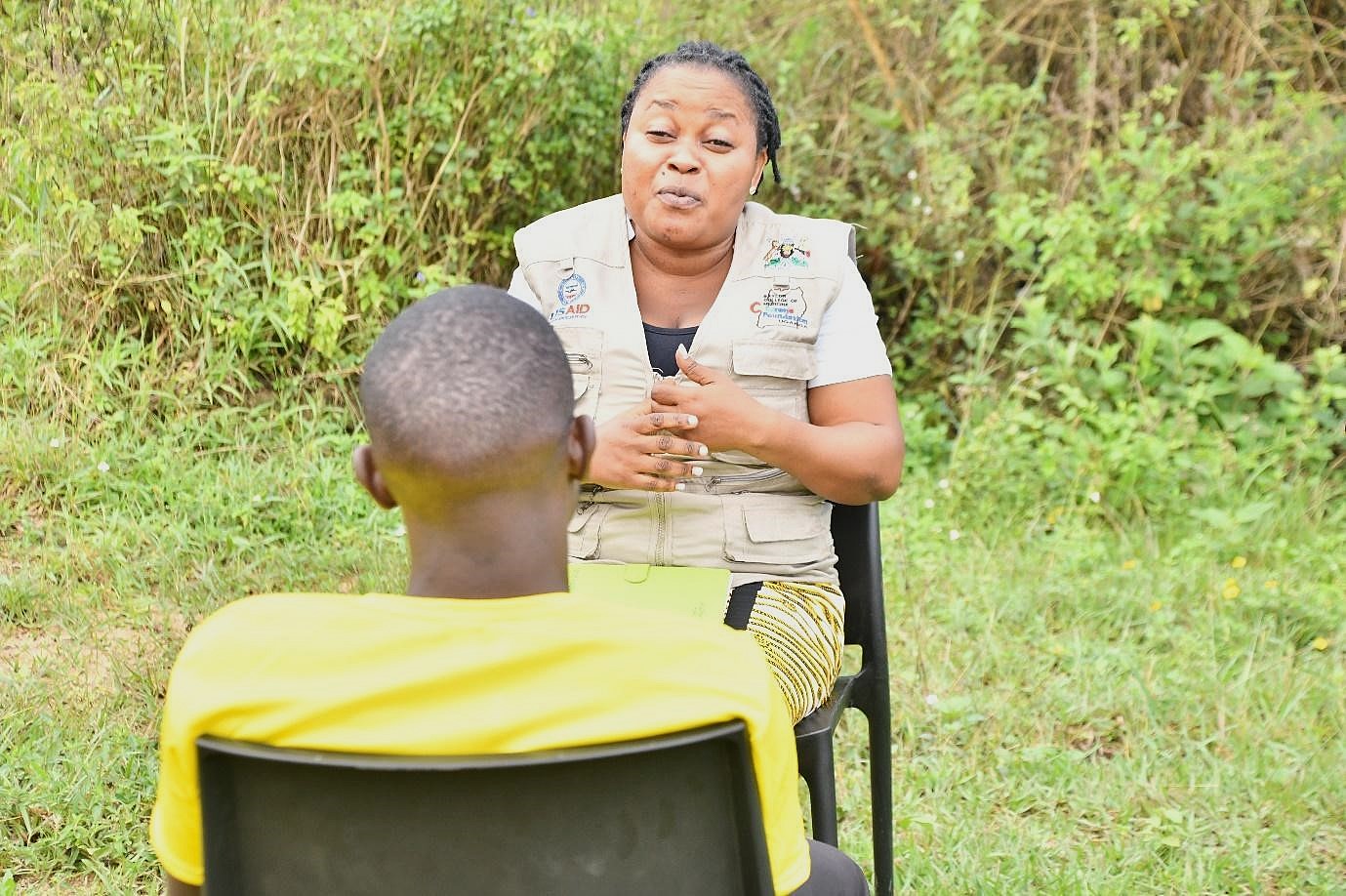Mary Kemigisa, a farmer from Kyegegwa, quietly shares a story that many have not lived to tell. On 12th February, her two-week-old grandchild passed away—just days after she carried him to Karugutu Health Centre IV, unaware he had contracted the Sudan Ebola virus from his mother, whose funeral Mary had recently attended.
When the district health team—supported by the Ministry of Health, Baylor Foundation Uganda (BFU), and the U.S. Government—traced her as a contact, Mary was already showing severe symptoms: chest pain, vomiting, and bloody stool.
“I was gripped with fear,” she recalls. “I knew they had come for me. I sat in the bedroom, listening as they spoke outside. I was afraid! But in an instant, my heart latched onto boldness and I decided to walk out. I told myself that whatever was to come, I would face it.”
She tested positive and was admitted to Fort Portal Regional Referral Hospital’s Ebola Treatment Unit. “My treatment started immediately. I was overwhelmed by such kindness. The team treated me like a mother,” she says.
Mary welcomes her son back home with a hug. Inset: The family returns home after completing quarantine.
Though her body began to heal, Mary was emotionally devastated—mourning loved ones and blaming herself for her family’s suffering. Psychologist Jean walked this journey with her, offering counselling and helping her connect with her quarantined children by phone.
After discharge, Mary faced stigma at home. Community dialogues helped restore trust, and neighbors eventually welcomed her back.
Mary is one of 96 survivors still on the journey to healing, supported through the National Ebola Survivors’ Program led by the Ministry of Health in collaboration with Baylor Foundation Uganda, with support from the U.S. Government. Together, we are working to ensure that survivors fully recover from the after-effects of the virus.
